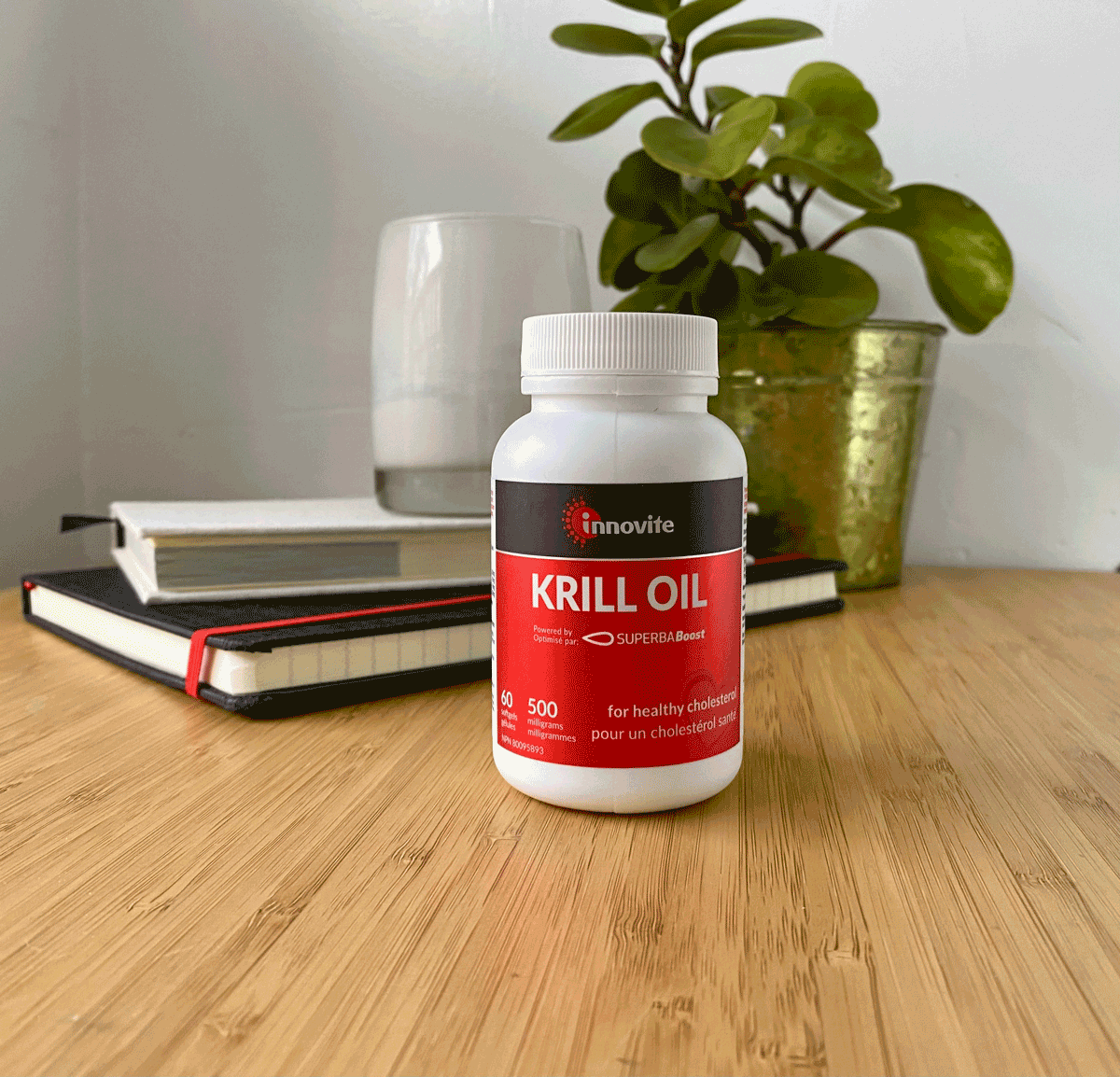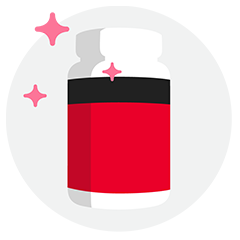Tips for keeping your kidneys healthy

Our bodies are naturally designed to detox by themselves on a daily basis. This happens thanks to the digestive tract, liver, skin, and kidneys, all of which play a role in the body’s detoxification process. Our kidneys are especially important when it comes to preventing a buildup of toxins within the body. And supporting our kidneys with a nutritious diet can go a long way in helping them do their job.
With March 9th being World Kidney Day, it’s the perfect time to learn more about your kidneys. Here are some tips to lend your kidneys a helping hand in eliminating toxins.
Getting to know the kidneys
The kidneys are two bean-shaped organs that can be found on either side of the spine towards our lower back. While these organs are small (around 10-12 cm or the size of a fist), they play a significant role in maintaining our overall health. Some of their responsibilities include:
- Filtering the blood to remove toxins, minerals and water
- Ridding the body of excess waste products through the urine
- Regulating electrolytes like sodium, calcium and potassium
- Producing hormones that help create red blood cells
- Controlling blood pressure levels
Signs your kidneys could use some support
Despite being able to detox on their own, certain lifestyle factors can impact kidney function. For example, an unhealthy diet, lack of sufficient physical activity, chronic stress or habits such as excessive alcohol consumption can overwork your kidneys.
This can lead to symptoms like fatigue, high blood pressure, bloating, trouble sleeping and feeling the need to urinate often. You may also notice that your body is retaining water, especially in your feet and ankles. When your kidneys aren’t working as they should, it can lead to sodium retention or an accumulation of sodium, causing swelling in your feet and ankles, generally due to gravity.
Experiencing any of these symptoms may be a sign that your kidneys need some attention.
How can you support your kidneys?
Stay hydrated
Our kidneys get rid of most toxins through urine. And when we don’t drink enough water, our urine output is low. This means that the kidneys have a harder time trying to flush out toxins, which can result in kidney dysfunction or the creation of kidney stones. Kidney stones typically form when your urine has more crystal-forming substances like calcium, oxalate, and uric acid than the fluid component in your urine. This increases the chances of the crystals sticking together and forming kidney stones as a result.
How much water your body needs can vary. But health experts recommend between 0.5 oz and 1 oz of water per pound of body weight every day.
Prioritize kidney-friendly foods
Eating a well-rounded diet that includes specific foods that are known to help support your kidneys can make sure they function smoothly. To start, try snacking on some grapes or peanuts while you work or as an afternoon snack. Grapes and peanuts contain resveratrol, a plant compound that has the ability to reduce kidney inflammation.
Additionally, pure fruit juices without any added sugars like lemon, orange and melon juices all contain citric acid (citrate). Citrate can help prevent the formation of kidney stones by binding to calcium in the urine. This halts the growth of calcium crystals, which are what lead to kidney stones. An added bonus of regularly drinking fresh juices from these sources is that it keeps you hydrated and ensures you have enough fluid intake. (Although it’s still important to make sure you’re getting plenty of water!)
Omega-3 fatty acids have numerous benefits including decreasing levels of harmful inflammatory omega-6 fatty acids. Studies suggest that having high levels of omega-6s in your system can lead to kidney stone formation. An increase in omega-3s can naturally help lower the metabolism of omega-6s, which can balance out the ratio within your body. If you’re looking to increase your intake of omega-3s eat more avocados, chia seeds, and fatty fishes like mackerel or opt for a Krill Oil supplement. Since krill oil mimics the structure of our cell membranes, it’s easier for our bodies to absorb than fish oil. This formula is also proven to raise omega-3 levels in the body by 21% after the first month of use, in comparison to a 9% increase with fish oil.

Vitamin B6 is another nutrient that can support the health of your kidneys. Vitamin B6 is needed for the metabolism of glyoxylate. When we have low levels of this vitamin, glyoxylate can become oxalate instead of glycine. This can ultimately lead to the development of kidney stones. Eating foods like tuna, chickpeas, and dark leafy green vegetables or taking a good quality vitamin B6 supplement can help prevent this and in turn, keep our kidneys strong.
As a main part of our filtration and detox system, the kidneys are very important organs. Supporting their health with plenty of fluids, a well-rounded diet, and supplemental nutrients can allow our kidneys to work efficiently and keep us feeling fresh.
Sources:






